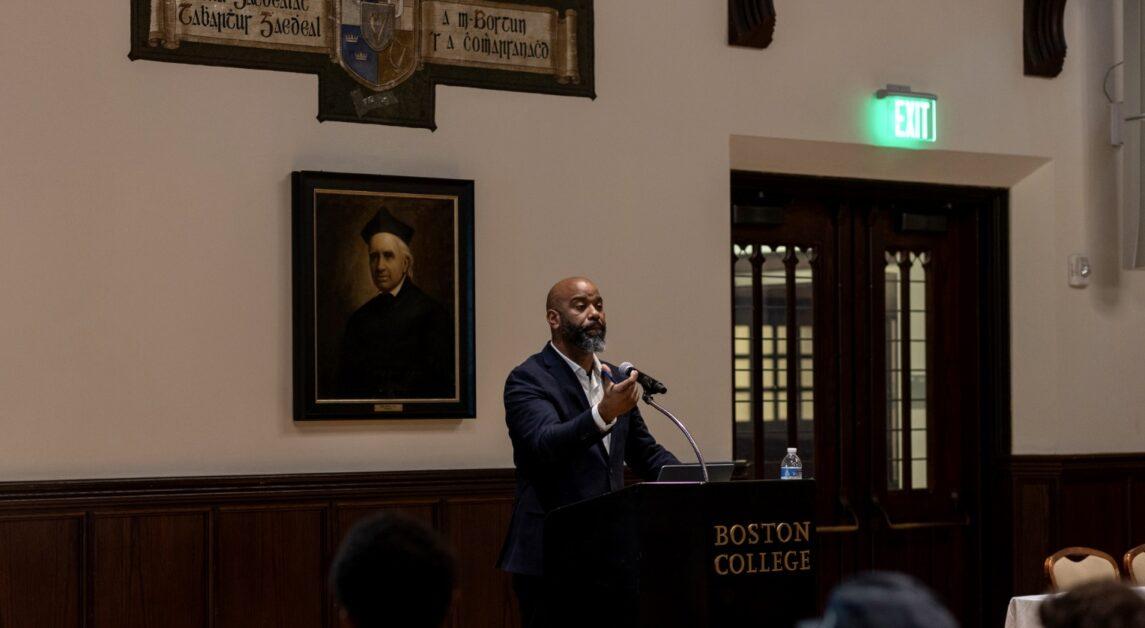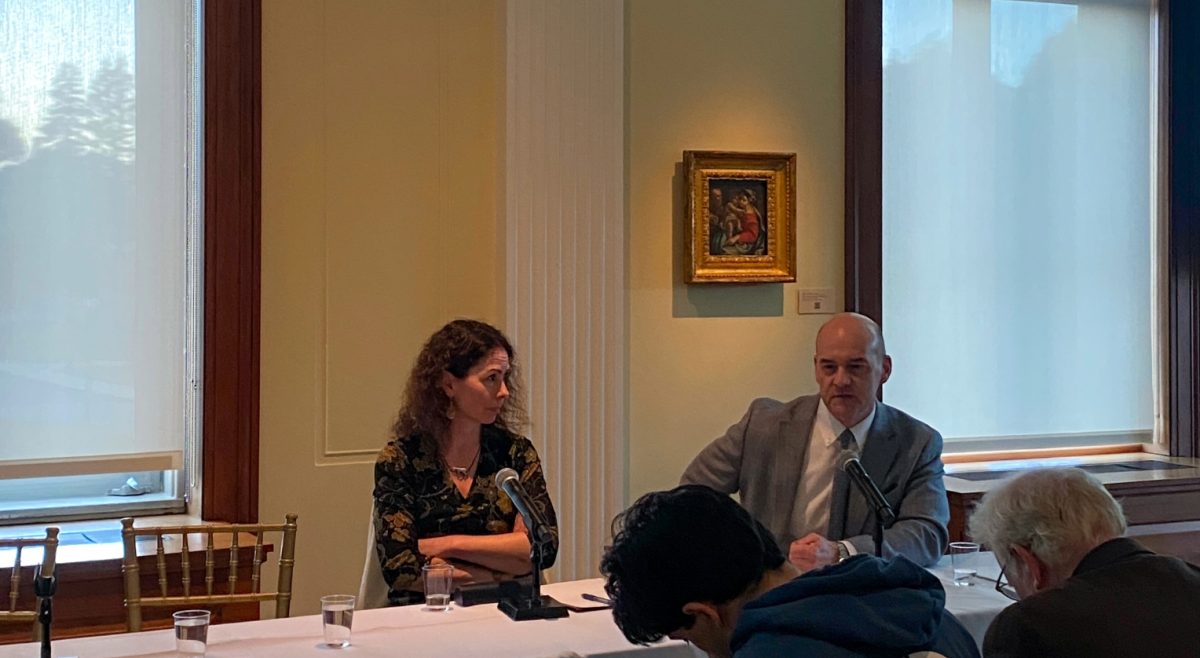A lawsuit named Boston College as one of 40 private universities alleged of overcharging tuition by considering the financial information of students’ noncustodial parents.
Several other Massachusetts universities were included in the class action lawsuit—including Harvard University, Tufts University, Northeastern University, and Boston University—as well as the College Board.
Maxwell Hansen, a Boston University student, and Eileen Chang, a Cornell University alumnus, filed the suit against the universities and the College Board on Oct. 7, alleging that the schools engaged in concerted action to consider financial information of noncustodial parents as a means to determine aid eligibility.
The College Board created the CSS Profile, a method for private universities to calculate the amount of non-federal aid a student should receive based on their custodial and noncustodial parents’ finances. According to the suit, all of the university defendants require the CSS profile as a part of their application for aid.
A student must include their noncustodial parent’s financial information in their aid applications, even if the parent has no intention of helping to pay for college, the suit alleges.
“Students were told there were no exceptions to the requirement – even if a divorce court order was issued concerning college expenses,” the suit reads. “Formulas are then used to generate a financial aid offer. The student then ultimately receives an estimate for the family contribution based on what the two parents can contribute, regardless of whether both parents do actually contribute.”
According to the CSS Profile’s website, if a student does not have contact with their noncustodial parent, they can file a waiver, however, “each college will look at your waiver request and determine if they will waive this requirement.”
BC’s financial aid website states that the “refusal of [the] noncustodial parent to provide information or support does not constitute a waiver.”
In a statement to The Heights, University Spokesman Jack Dunn said BC has not yet been served legal notice from the plaintiffs, but that the University intends to “vigorously defend against the claims in court.”
The lawsuit alleges that, starting in 2006, the College Board “made an intentional push to require schools to agree to the consideration of the income and assets of noncustodial parents when making financial aid determinations.”
“The effort was led and organized by individuals from the University Defendants,” the lawsuit reads.
The CSS Profile was established under the College Board’s Financial Aid Standards and Services Advisory Committee. The lawsuit alleges several university defendant employees worked to develop the method alongside the College Board.
“The NCP Agreed Pricing Strategy was the product of a collective effort of University Defendants to agree on for the process for making financial aid determinations for students,” the suit reads.
As a result of considering noncustodial parents’ finances, these universities have “unlawfully caused the net price of education to increase,” according to the suit.
Compared to 10 private universities that do not consider noncustodial parents’ financial information, these 40 universities have tuition prices that are $6,200 more, the suit alleges.
“The average net price for the forty Defendant universities who use the NCP Agreed Pricing Strategy is approximately $6,200 more than for the ten non-NCP universities in the top 50 private universities – indicative of the anticompetitive effects from Defendants’ concerted activity,” the suit states.
When first adopted in 2006, the price to attend certain universities drastically increased and their aid eligibility decreased, according to the lawsuit.
“For a significant minority of students (those from single-parent families), that change essentially at least doubled their available parental assets/income practically overnight,” the suit reads.
The suit alleges that these universities participate in the alleged scheme by attending College Board meetings, supervising and helping to develop College Board aid operations while also requiring noncustodial parents’ financial information to determine need-based financial aid.




















